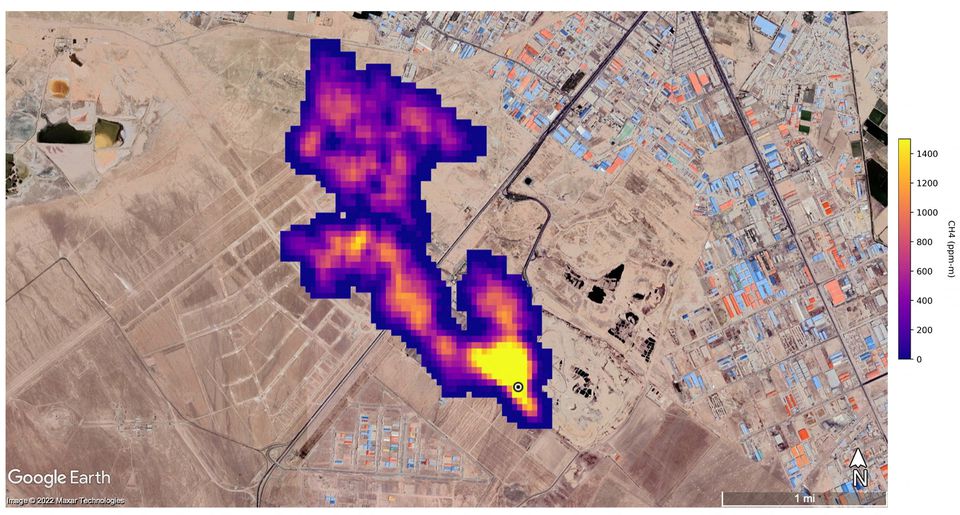
Photo Credit: Google Earth
NASA has put out a call to the public, seeking assistance with its latest research initiative focused on the upcoming 2024 solar eclipse. This celestial event, slated for April 8 in North America, is anticipated to induce several terrestrial disruptions, notably in animal behavior. According to NASA, both physical and auditory animal behaviors are poised to undergo shifts during the eclipse, with wildlife exhibiting reactions akin to a sudden transition from day to night.
In a press release, NASA highlighted the peculiar phenomena that occur when darkness blankets the landscape during a total solar eclipse. Birds cease their songs, crickets commence chirping, and bees retreat to their hives, all deceived by the false dusk. With the next solar eclipse not expected in the U.S. for another two decades, NASA is turning to the public for assistance in its research endeavors through the Eclipse Soundscapes (ES) Project, a NASA Citizen Science initiative funded by NASA Science Activation.
The ES project, which originated during the October 2023 annular eclipse, aims to revisit a study conducted in 1935 that first documented the eclipse's impact on animals. This seminal study collated 498 personal observations from game wardens, naturalists, and members of the public, as detailed on the ES website. Despite centuries of documented "atypical animal behaviors" during eclipses, NASA acknowledges that the full extent of the eclipse's effects on plant and animal life remains elusive.
The NASA-funded Eclipse Soundscapes Project endeavors to capture the sights and sounds of a total solar eclipse with the aid of interested members of the public, thereby enhancing our understanding of how eclipses influence various ecosystems. The project offers multiple roles for public engagement, ranging from apprentices undergoing online training to observers, data collectors, data analysts, and facilitators, each accompanied by specialized training courses.
Data collectors will utilize the AudioMoth device to gather and record soundscape data along or near the eclipse path, while observers will employ all available senses to document their observations. NASA aims to leverage modern tools to replicate and expand upon previous studies, with a focus on comprehending animal and insect behavior during eclipses.
The project emphasizes multisensory observations, such as audio recordings and written accounts, to elucidate questions surrounding the behavior of nocturnal and diurnal animals during solar eclipses. Kelsey Perrett, the communications coordinator for the Eclipse Soundscapes Project, underscores the significance of public contributions in unraveling the eclipse's impacts on diverse ecosystems.
Jeff Ian























